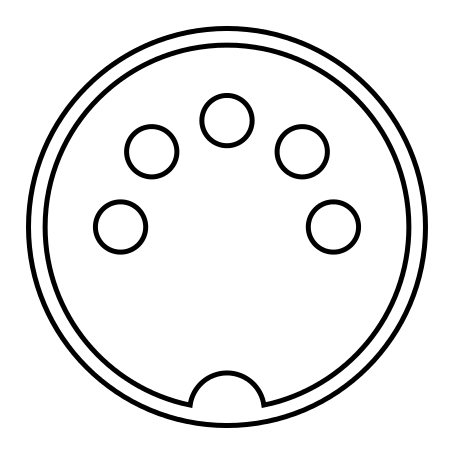I wrote these notes for self-reference while working on this review of the Tomb Raider reboot. Notes are fun, so here you go!
Back in seventh grade, I thought at first that Tomb Raider was just a porn that all my guy friends liked. Oh, I knew that it was a game -- I just thought it was a porn game. My male friends talked in front of me without shame about their masturbation habits, their pornography preferences, and their wish for a Lara Croft "nude" mode. Middle schoolers, am I right? The guys did get their hands on the Nude Raider patch; I didn't understand until a couple years later that this patch wasn't included with the game, that it had been created independently.
My middle school "boyfriend" (in quotes because we never went further than hand-holding at our handful of mall "dates") modified his PC version of Sonic R to include cute pictures of my older sister in the background. He explained, without apologizing, that he'd done this because my sister was "hotter" than I was ... because she looked a bit like Lara Croft. When he played Tomb Raider, he'd call Lara by my sister's name sometimes. Just to mess with me.
Lara Croft had been positioned as so irrevocably not "for" me -- by my male friends, by men's magazines, by parents -- that I didn't realize until much later that, well, hey, I could play it. I could try it. Why not. (This othering "not for you" phenomenon happened with more video games than I'd like.)
I couldn't ever relate to Lara Croft, though. She felt like an extra even-older sister, in addition to the one I already had. Lara had mastered of the attentions of the boys around me; she remained accessible and yet inaccessible. She could also do flips and shoot wolves in the face, but more than that, she had a confident swagger that defined feminine sexiness for a generation of nerd boys ... and nerd girls, too.
Everything about Lara felt unreal, as though her alabaster beauty granted her extra unseen super powers. At the beginning of the first Tomb Raider game, she sloughs through snowy drifts and then strips from a long black cloak to tiny shorts. It's still snowing out, but she struts through the swirling winds with nary a shiver ... and even once she's out of the snow and inside that tomb, which must be just as cold, she still keeps it hot. She's just seen a man get torn apart by wolves in front of her. After dispatching the animals and entering the tomb, she arches an eyebrow for the camera (at least, in the TR: Anniversary version, she does). She is not human. She is not meant to be.
One of my Tomb Raider-obsessed guy friends came out as gay to me later in life, admitting that he'd spent his playtime wanting to be Lara rather than be with her. He compares her now to Emma Frost of the X-Men, another sarcastic British woman with a seeming inability to feel cold in even the tiniest of outfits. Emma shares the original Lara's performance-based, diva brand of femininity that seems designed for either porn videos or drag shows or, at the very least, campy comedy. I understood his interpretation of Lara as a gay icon, although I haven't heard of any other people seeing Lara in that light.
I feel baffled, at this point, when lady gamers (or any people) cite Lara Croft as a "great influence" on women. I felt nothing but jealousy towards Lara growing up, and I don't want to retcon those feelings into a less ugly sentiment of "wanting to be like her". Unlike She-Ra and Xena and Zelda (or Sheik), who I admired throughout grade school and middle school and high school, and Samus Aran, whose influence dominated my college gaming years and thereafter, I never fantasized about being Lara Croft. Oh, I wanted to be her, but she felt so far off that even fantasizing made me sad and angry. She reminded me of hand-me-down bras from my older sister that I never grew into and of a middle school boyfriend who made it clear to me that I was second-best, that staring at myself in my dresser mirror wouldn't make my stubby legs longer or my acne-riddled face clearer or my washboard chest swell.
Replaying Lara Croft games as an adult feels like a mixed bag. Since childhood, I've figured out how to hate the body I live in much less, and I've figured out what slut-shaming is, so my reactions to Lara Croft take a much different turn now than they did back then. I don't feel jealous of Lara now, and I don't feel judgmental of her, either. But I still do not relate to her as much as I think I should be able to, now. Perhaps because the camera angles still act like they don't expect me to; Tomb Raider games, both past and present, make Lara feel other by distancing the player from Lara physically. Often you control her body from a far-off distance, with occasional chances to zoom in, like some independent guardian angel spirit that swoops in to position Lara's trigger finger from time to time. By watching Lara, the game makers ensure that we focus on protecting Lara, not pretending to be her.
But I don't mind protecting Lara, now. Perhaps it's because for so long, it seemed like she looked down at me ... or looked down on me. But now I've grown up and I can help her out. Our sisterly rivalry has ended. And I don't even resent her, anymore. Much.
